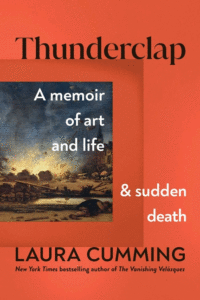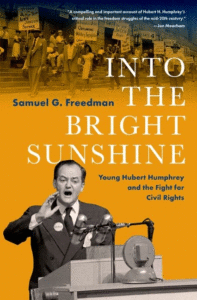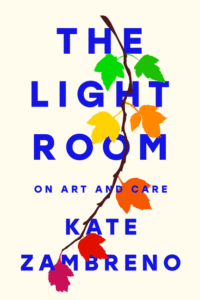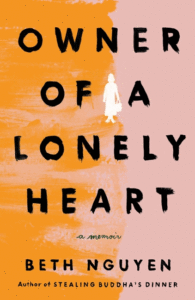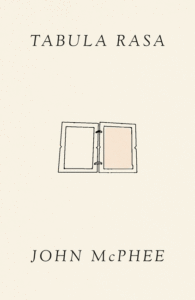
July's Best Reviewed Nonfiction
Featuring New Titles by Laura Cumming, Kate Zambreno, John McPhee, and More

Laura Cumming’s Thunderclap, Kate Zambreno’s The Light Room, and John McPhee’s Tabula Rasa all feature among the best reviewed nonfiction titles of the month.
Brought to you by Book Marks, Lit Hub’s “Rotten Tomatoes for books.”
*
1. Thunderclap: A Memoir of Art and Life & Sudden Death by Laura Cumming
(Scribner)
9 Rave
“Genre-defying … Cumming suggests that we recall the past through pictures … Cumming clearly loves these paintings, and by weaving together vivid evocations of ones that particularly move her with brief biographies of the men and women who painted them, she invites us to share that love … Like all good elegists, Cumming, too, brings the dead to life in the very act of mourning them.”
–Ruth Bernard Yeazell (The New York Times Book Review)
2. Into the Bright Sunshine: Young Hubert Humphrey and the Fight for Civil Rights by Samuel G. Freedman
(Oxford University Press)
5 Rave • 3 Positive
“Riveting … Freedman tells a surprising and rare history of Black and Jewish Americans fighting against racism and antisemitism, often side by side, in a Northern city before the civil rights era. His brilliant profiles of these local heroes are gripping and, in many ways, the spine of the book … Freedman gives us a dramatic retelling of the backdoor dealings at the convention over the language of a civil rights plank.”
–Khalil Gibran Muhammad (The New York Times Book Review)
3. The Light Room by Kate Zambreno
(Riverhead)
2 Rave • 7 Postive
Read an interview with Kate Zambreno here
“Zambreno’s writing is sharpest, most emotionally alive, when it drills into that interior landscape … Woven into these moments are ruminations on natural history, education and the work of other writers and artists … Readers looking for sturdier insights into what the virus has meant for human history are unlikely to discover them here. But there is comfort and intimacy to be found in the nest Zambreno builds, with lint and marbles and straw, the objects that matter in her tiny universe. Its achievement is as a sustained narrative of noticing.”
–Eleanor Henderson (The New York Times Book Review)
4. Owner of a Lonely Heart by Beth Nguyen
(Scribner)
3 Rave • 5 Positive
Listen to an interview with Beth Nguyen here
“Nguyen is a confident and reliable protagonist even when running up against painful memories, providing readers with enough distance as to almost be objective … Nguyen has made a journey of facing her origins and contending with the limitations of American narratives, and we are lucky to be invited along the way.”
–Mai Tran (The Brooklyn Rain)
5. Tabula Rasa by John McPhee
(Farrar, Straus and Giroux)
5 Rave • 1 Positive
“A charming, breezy collection of reminiscences about projects that didn’t make it, ideas that never got fully baked, research never written up, either because the subject died or because McPhee, who was born in 1931, lost interest along the way … Few of the subjects discussed in Tabula Rasa call out for the longform treatment; McPhee’s instincts (and editors) steered him well. But there are still pleasures to be had in these 50 short chapters. Minor league McPhee is still major league writing. It’s not faint praise to say he is still more pleasingly consistent than any other writer working. There is never a dud metaphor, never a cliché … He still has stories to tell. Maybe they’re just not the ones he had the good sense to let go.”
–Mark Oppenheimer (The Washington Post)
Book Marks
Visit Book Marks, Lit Hub's home for book reviews, at https://bookmarks.reviews/ or on social media at @bookmarksreads.









